Conversations Before Midnight
Banner design by Molly Hurley. Learn more about the design here.
Annual Gathering 2023
Keynote conversation with Christopher Nolan
November 6, 2023 | 5:00 - 7:00 p.m. Central Time
Participate in high-level conversations
Connect with the Bulletin’s global supporters
Engage from the comfort of home
For this marquee virtual event, we are thrilled to feature award-winning and Academy Award-nominated director Christopher Nolan in a keynote conversation with our moderator and audience.
Following the keynote, attendees will be able to choose from several high-level breakouts with world-renowned experts on topics including nuclear risk, climate change, AI, and biosecurity. For both the keynote conversation and the breakouts that follow, attendees will have the opportunity to engage speakers directly. And guests who purchase and attend a virtual table will reconnect with their group before the end of the program.
Here are the dynamic conversations you can choose from following the keynote conversation:
- How black holes affect our map of the universe.
- Pandemic Potential: What have we learned from Covid?
- Why is the climate so extreme this year?
- From Oppenheimer to today's nuclear landscape.
- Pandora? Prometheus? What to make of recent breakthroughs in Artificial Intelligence.
Can’t decide which breakout conversation to attend? Attendees will have access to exclusive digital recordings of the breakout sessions following the event.
Online registration for Conversations Before Midnight is now closed. If you are interested in attending, please reach out to [email protected].
Keynote Conversation
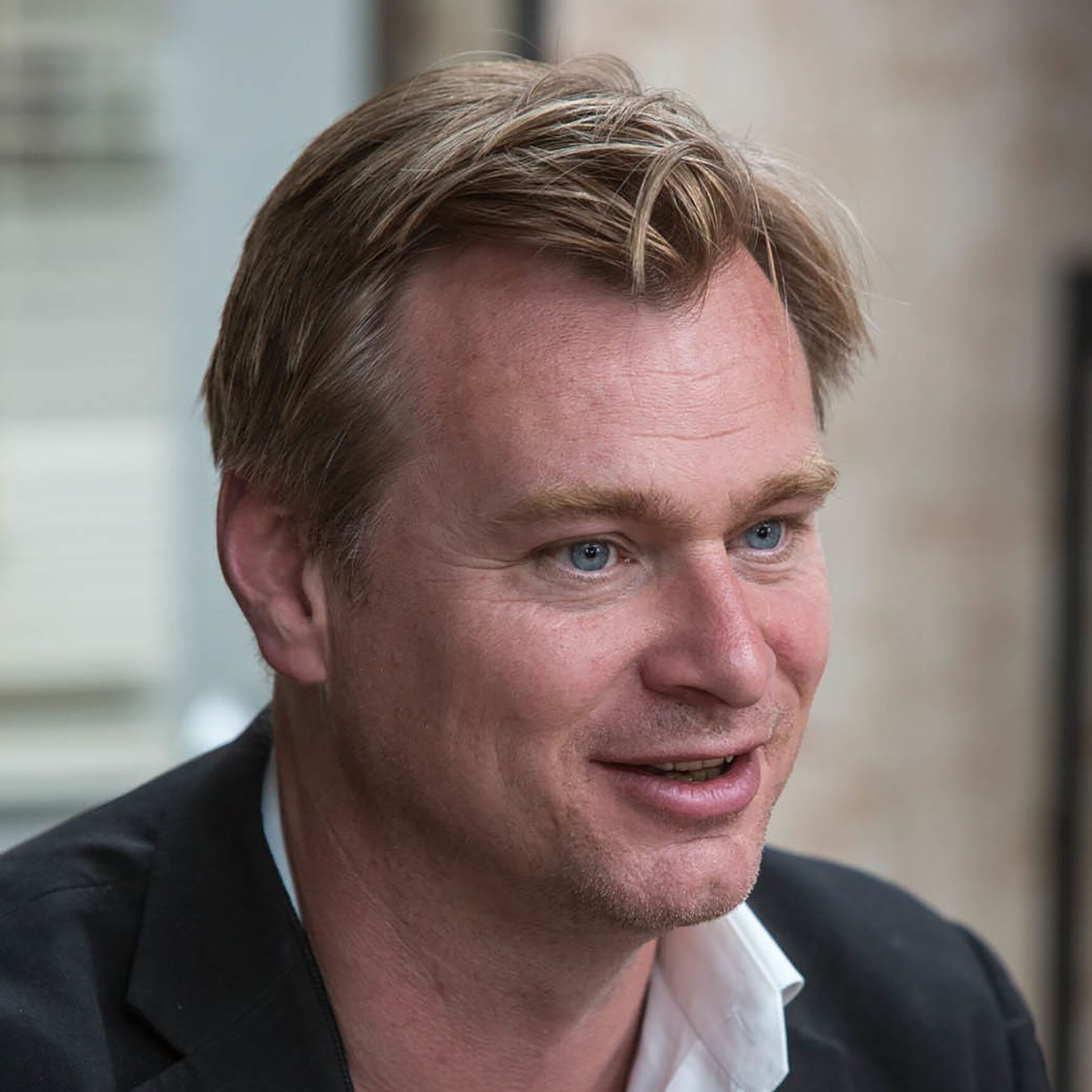
Christopher Nolan
Acclaimed writer-director Christopher Nolan's newest film, Oppenheimer, explores the life of physicist, "father of the atomic bomb," and former chair of the Bulletin's Board of Sponsors J. Robert Oppenheimer. Best known for his cerebral, often nonlinear, storytelling, Nolan’s films, including Tenet, Dunkirk, Interstellar, Inception and The Dark Knight trilogy, have earned more than $5 billion at the global box office and have been awarded 11 Oscars and 36 nominations, including two Best Picture nominations.
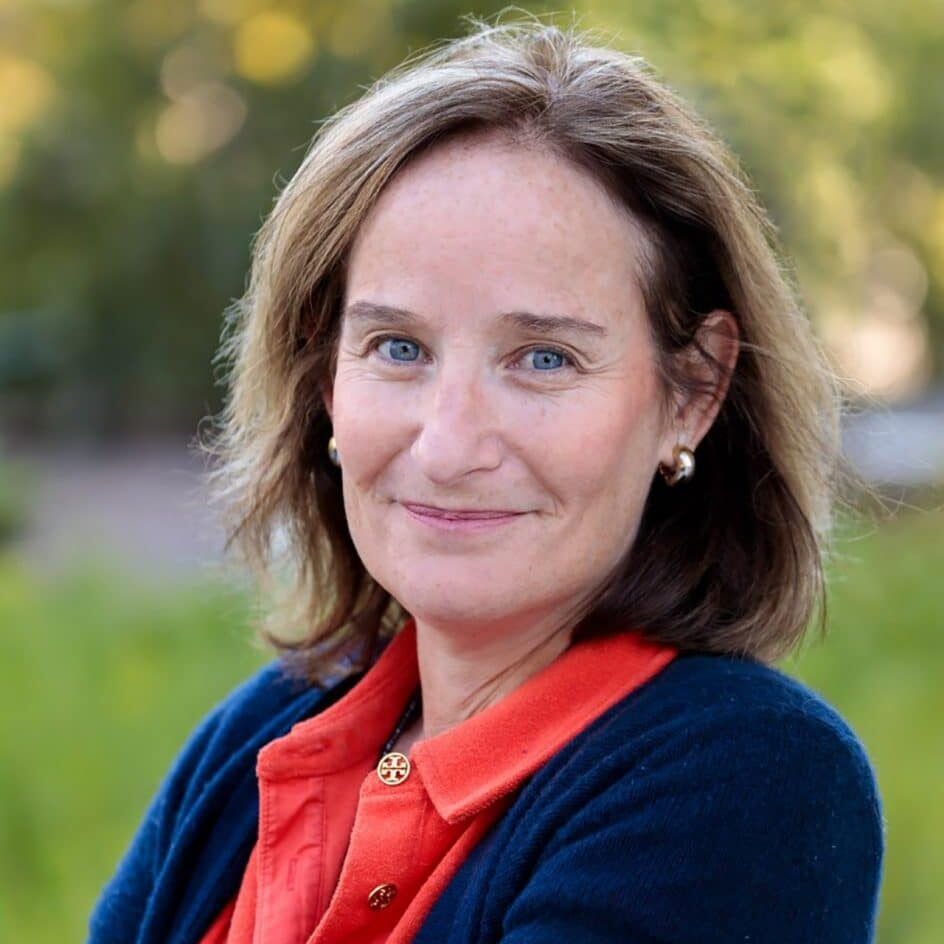
Rachel Bronson
Bronson is the president and CEO of the Bulletin of the Atomic Scientists, where she oversees the publishing programs, management of the Doomsday Clock, and a growing set of activities around nuclear weapons, nuclear energy, climate change, and disruptive technologies. Before joining the Bulletin, she served for eight years at the Chicago Council on Global Affairs in a number of capacities including: vice president of studies, vice president of programs and studies, and senior fellow, global energy. She also taught “Global Energy” as an adjunct professor at the Kellogg School of Management. She earned a BA in history at the University of Pennsylvania and a MA and PhD in political science from Columbia University in 1997.
Rieser Awardees
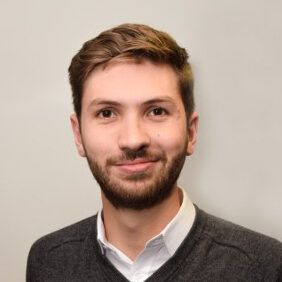
Haydn Belfield
Belfield has been a Research Associate and Academic Project Manager at Cambridge University’s Centre for the Study of Existential Risk for more than six years. In that time the Centre tripled in size, and he advised the UK, US, and Singaporean governments; the EU, UN and OECD; and leading technology companies. He is a DPhil/PhD Candidate in International Relations and has an MSc in Politics Research and a BA in PPE, all from Oxford University.
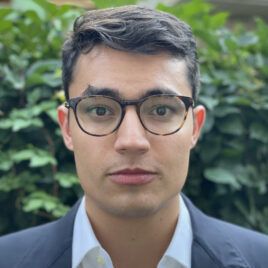
Christian Ruhl
Ruhl is a senior researcher at Founders Pledge, a community of technology entrepreneurs dedicated to finding and funding high-impact interventions related to some of the world’s most pressing problems. Christian is also the fund manager for Founders Pledge’s Global Catastrophic Risks Fund. His research focuses on international security, emerging technologies, weapons of mass destruction, and global catastrophic risks broadly defined. He serves on the external advisory board of the Berkeley Risk and Security Laboratory.
Online registration for Conversations Before Midnight is now closed. If you are interested in attending, please reach out to [email protected].
Agenda
Presented virtually. All times below are US Central time.
Christopher Nolan

Acclaimed writer-director Christopher Nolan's newest film, Oppenheimer, explores the life of physicist, "father of the atomic bomb," and former chair of the Bulletin's Board of Sponsors J. Robert Oppenheimer. Best known for his cerebral, often nonlinear, storytelling, Nolan’s films, including Tenet, Dunkirk, Interstellar, Inception and The Dark Knight trilogy, have earned more than $5 billion at the global box office and have been awarded 11 Oscars and 36 nominations, including two Best Picture nominations.
Rachel Bronson

Bronson is the president and CEO of the Bulletin of the Atomic Scientists, where she oversees the publishing programs, management of the Doomsday Clock, and a growing set of activities around nuclear weapons, nuclear energy, climate change, and disruptive technologies. Before joining the Bulletin, she served for eight years at the Chicago Council on Global Affairs in a number of capacities including: vice president of studies, vice president of programs and studies, and senior fellow, global energy. She also taught “Global Energy” as an adjunct professor at the Kellogg School of Management. She earned a BA in history at the University of Pennsylvania and a MA and PhD in political science from Columbia University in 1997.
Here are the dynamic conversations we have planned for you. Read session descriptions and meet the speakers here, then select which breakout session you'd like to attend from the dropdown during registration.
Haydn Belfield Belfield has been a Research Associate and Academic Project Manager at Cambridge University’s Centre for the Study of Existential Risk for more than six years. In that time the Centre tripled in size, and he advised the UK, US, and Singaporean governments; the EU, UN and OECD; and leading technology companies. He is a DPhil/PhD Candidate in International Relations and has an MSc in Politics Research and a BA in PPE, all from Oxford University.
Belfield has been a Research Associate and Academic Project Manager at Cambridge University’s Centre for the Study of Existential Risk for more than six years. In that time the Centre tripled in size, and he advised the UK, US, and Singaporean governments; the EU, UN and OECD; and leading technology companies. He is a DPhil/PhD Candidate in International Relations and has an MSc in Politics Research and a BA in PPE, all from Oxford University.
Christian Ruhl
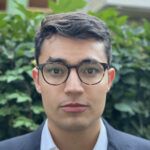 Ruhl is a senior researcher at Founders Pledge, a community of technology entrepreneurs dedicated to finding and funding high-impact interventions related to some of the world’s most pressing problems. Christian is also the fund manager for Founders Pledge’s Global Catastrophic Risks Fund. His research focuses on international security, emerging technologies, weapons of mass destruction, and global catastrophic risks broadly defined. He serves on the external advisory board of the Berkeley Risk and Security Laboratory.
Ruhl is a senior researcher at Founders Pledge, a community of technology entrepreneurs dedicated to finding and funding high-impact interventions related to some of the world’s most pressing problems. Christian is also the fund manager for Founders Pledge’s Global Catastrophic Risks Fund. His research focuses on international security, emerging technologies, weapons of mass destruction, and global catastrophic risks broadly defined. He serves on the external advisory board of the Berkeley Risk and Security Laboratory.
Share what you learned over the course of the evening and chat with Bulletin friends.
Breakout Conversations
Conversation I
How black holes affect our map of the universe
J. Robert Oppenheimer is best known as the “father of the atomic bomb,” but his earliest research advanced our understanding of black holes. More than 75 years later, scientists are making enormous strides advancing this research. Join two leading black hole experts to discuss the newest findings at the forefront of science and find out what they mean about our place in the universe.
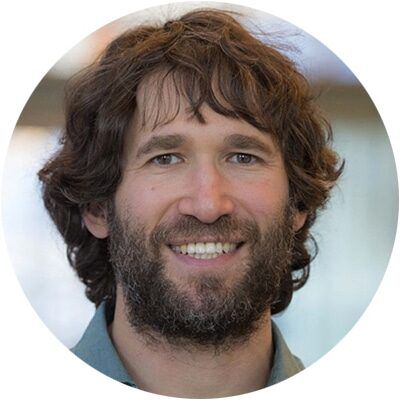
Daniel Holz
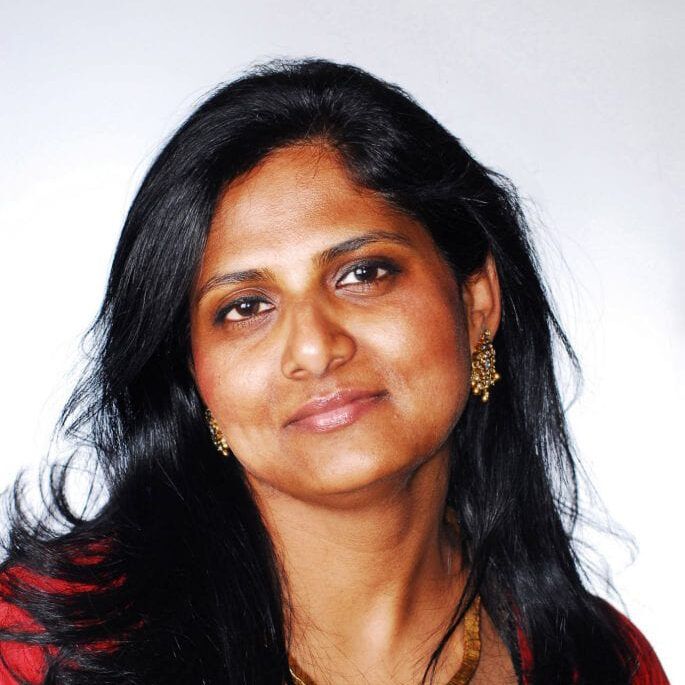
Priyamvada Natarajan
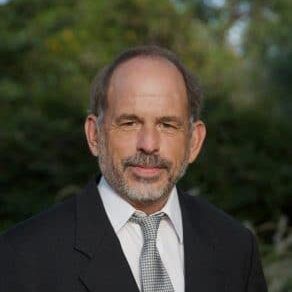
John Mecklin
Conversation II
Pandemic Potential: What have we learned from Covid?
Leading experts warn that naturally occurring, accidentally released, and weapons generated pandemics are increasingly likely. The US Department of Defense recently issued its biodefense posture review, and the World Health Organization continues to develop new lab-safety and pandemic preparedness and response protocols. Join this expert conversation to catch up on these and other efforts to manage future pandemics.
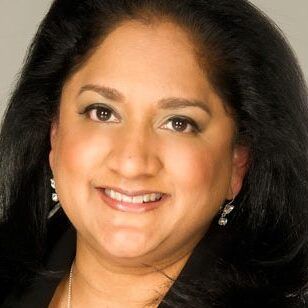
Asha M. George
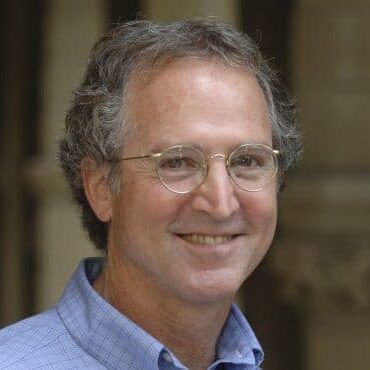
David Relman
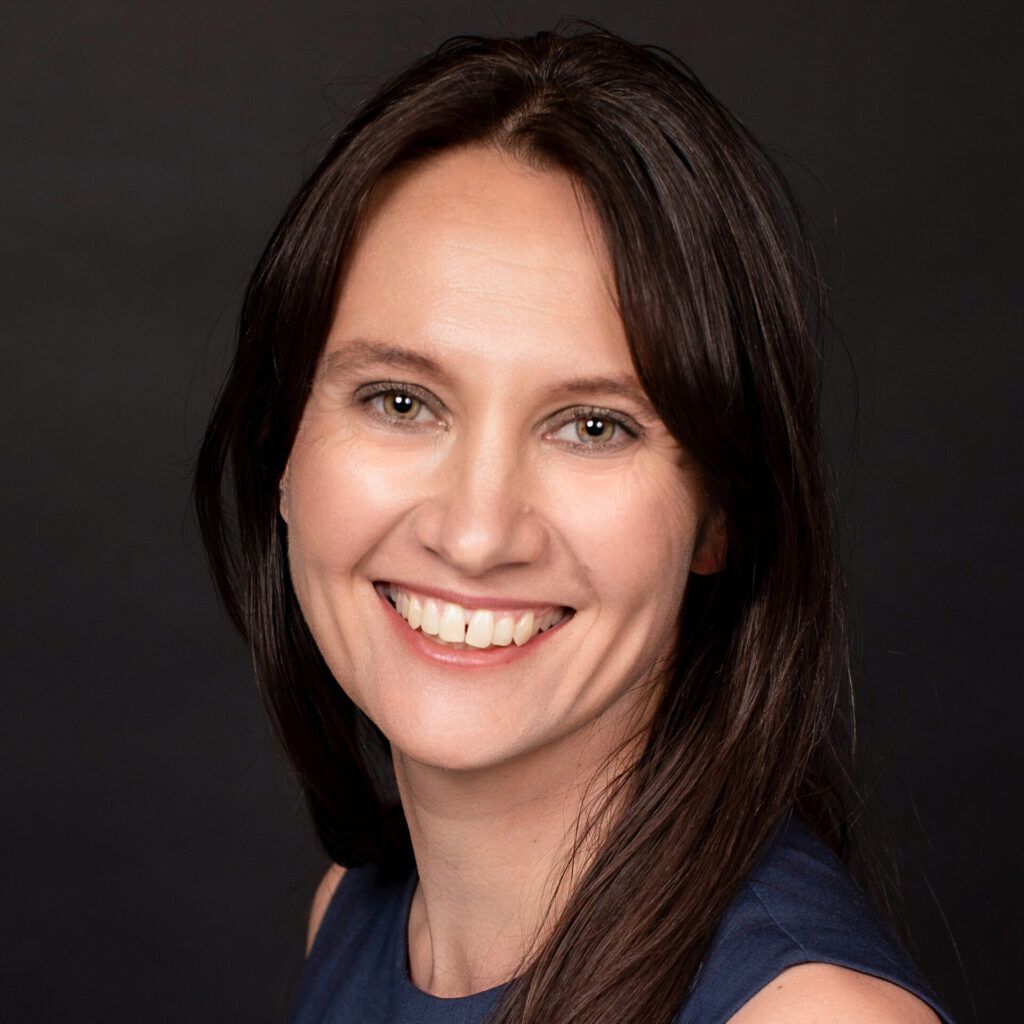
Alison Snyder
Conversation III
Why is the climate so extreme this year?
Last year was one of the hottest on record, and this year Florida broke records when its ocean temperature surpassed 100 degrees Fahrenheit. Heat stress is significant, heat waves are becoming more powerful and forest fires are proliferating. Still, as bad as things are, there are ways to ensure we don’t make it worse. Join leading climate scientists to discuss their forecasts and efforts under way to save the planet.
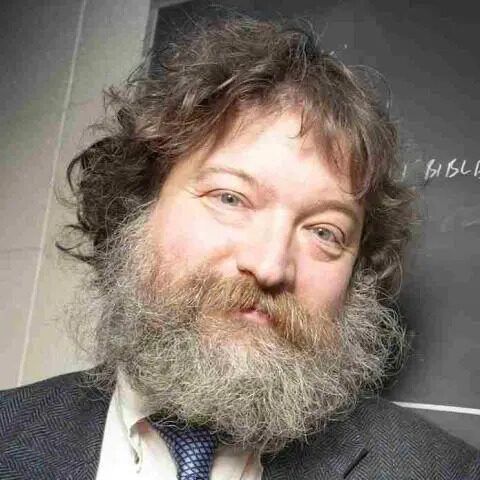
Ray Pierrehumbert
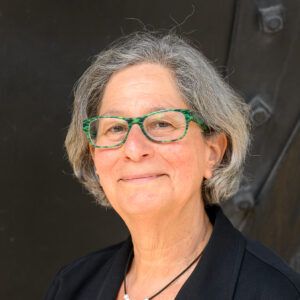
Susan Solomon
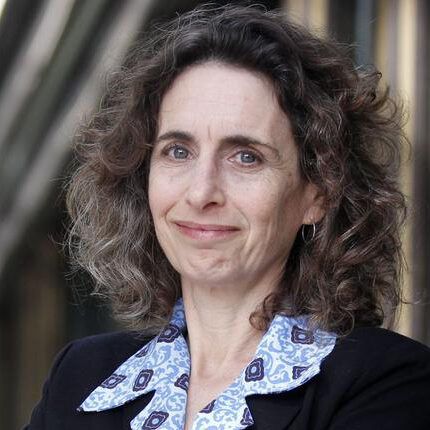
Elizabeth Kolbert
Conversation IV
From Oppenheimer to today’s nuclear landscape
Keep the Oppenheimer conversation going with this “Ask Me Anything”-style discussion with top nuclear experts. This is your opportunity to consider how the history we saw represented on the big screen shapes our present, what has and hasn’t changed since then, and options available for creating a safer future. Einstein once said that “the release of atomic power has changed everything except our way of thinking.” Let’s change that.
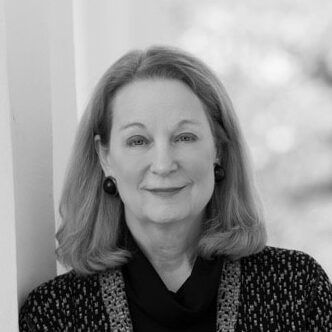
Susan Eisenhower
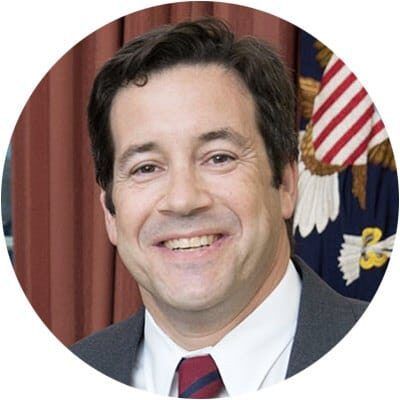
Jon Wolfsthal
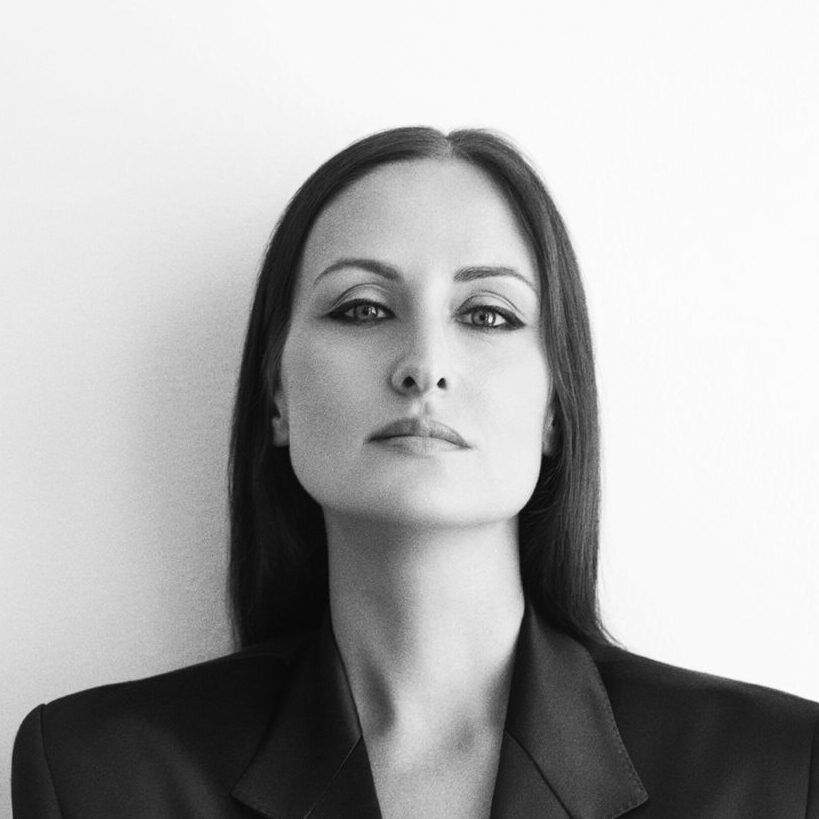
Lesley M.M. Blume
Conversation V
Pandora? Prometheus? What to make of recent breakthroughs in Artificial Intelligence?
Two letters signed by tech leaders generated considerable attention this year. One called for a pause on giant AI experiments, and another argued that AI should be a global priority alongside pandemics and nuclear war. The letters further stimulated a global discussion about the possibilities and perils of AI technology. Have the signers focused on the right issues and framed the challenges correctly? Who should establish and enforce any new guardrails? What can we learn from Manhattan Project scientists who also called for global regulations to control the technologies they created?
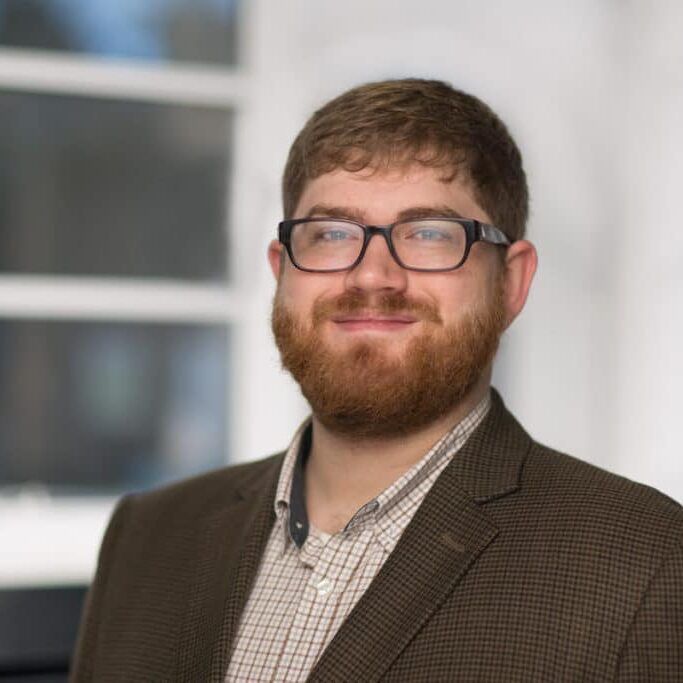
Miles Brundage
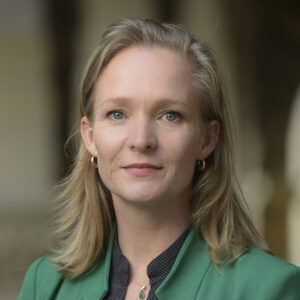
Marietje Schaake
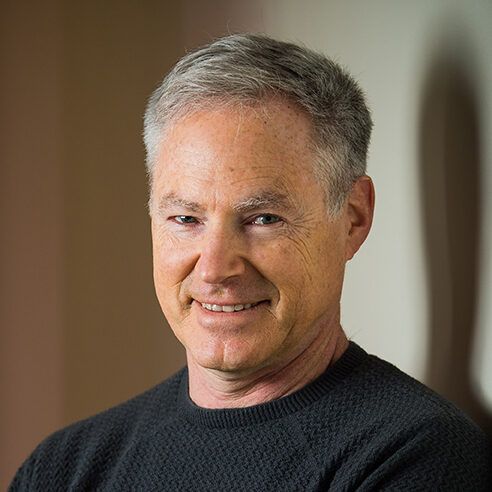
Eric Horvitz
Online registration for Conversations Before Midnight is now closed. If you are interested in attending, please reach out to [email protected].
Sponsorship
Take a look at the sponsorship options offered. Let us know how we can assist! All the sponsorship opportunities can be customized to your needs. We would also be delighted to help you fill your table to incorporate special guests, educators, and students.
Thank you to our event sponsors!
Lead sponsor:

Corporate silver sponsor:
Catalyst Advisors LP
Individual gold sponsors:
Anonymous
Paul Francis and Lee Francis
David Kuhlman and Martha Esch
Donald Maclean
William and Eleanor Revelle
Individual silver sponsors:
Susan and Stephen Baird
John and Carol Balkcom
Alvin H. Baum Family Fund
Kennette Benedict and Robert Michael
Rachel Bronson and John Matthews
Gamma Technologies
Ania Labno and Carl Rogers
Robert LoPrete and David Germaine
Northern Trust
Steve Ramsay and Ann Jones
Richard and Ellen Sandor Family Foundation
Artist Statement from Molly Hurley
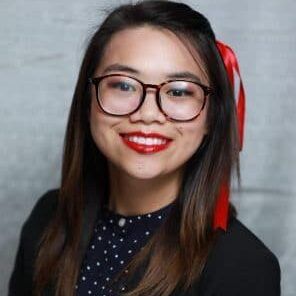
For over seven decades, the world has come to know the mushroom cloud as the nuclear emblem and a sure sign that dark and serious discussions are about to begin. The graphic for this year’s Conversations Before Midnight aims to redirect and engender new understandings of the issues facing us.
From a black and white background reminiscent of the landscape around Oppenheimer’s Los Alamos facility, we see a burst of color. Sunflowers, which were originally cultivated by American Indigenous groups in Arizona and New Mexico, spread around the world becoming a staple crop – and symbol of peace – in Ukraine. The red spider lilies are sometimes used atop gravesites in Asian cultures to prevent scavenging from animals who avoid their poisonous bulbs. The falling leaves represent the gingko tree, a species that has survived unchanged for millions of years when related species died out. In Hiroshima that tale of survival continued when the gingko tree was one of the first plants to grow back after the bomb.
Instead of destruction, fire, and death, they deliver possibilities of brightness, hope, and recovery grounded in the memory of loss and survival. They remind us that mushroom clouds are not our only option for the future.
Questions?
Attendees
Speakers
Halley Posner
Sponsorship
Anne Puotinen